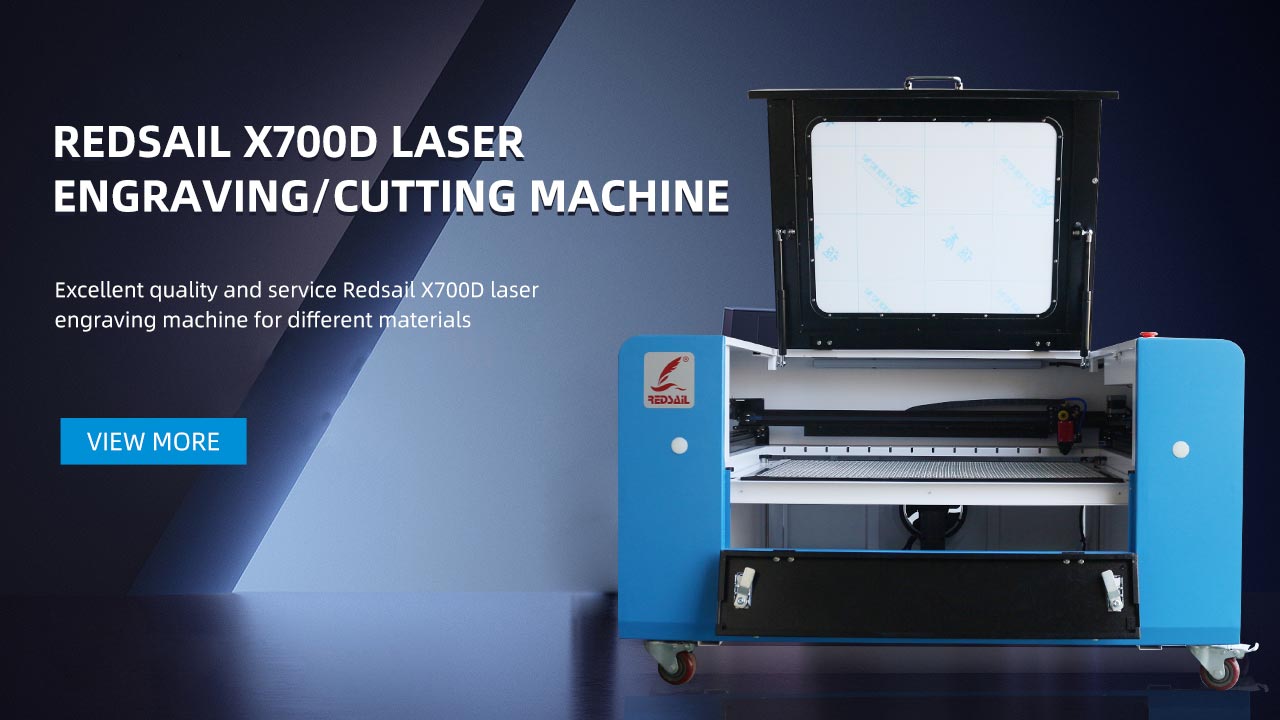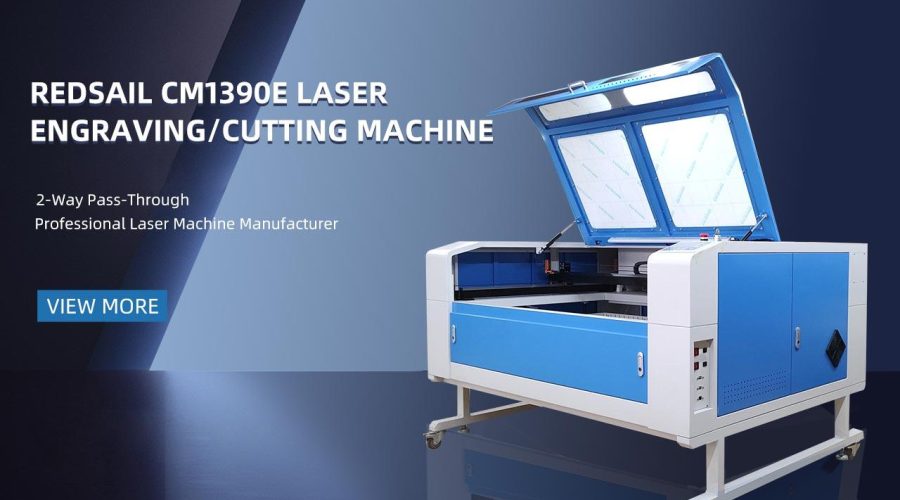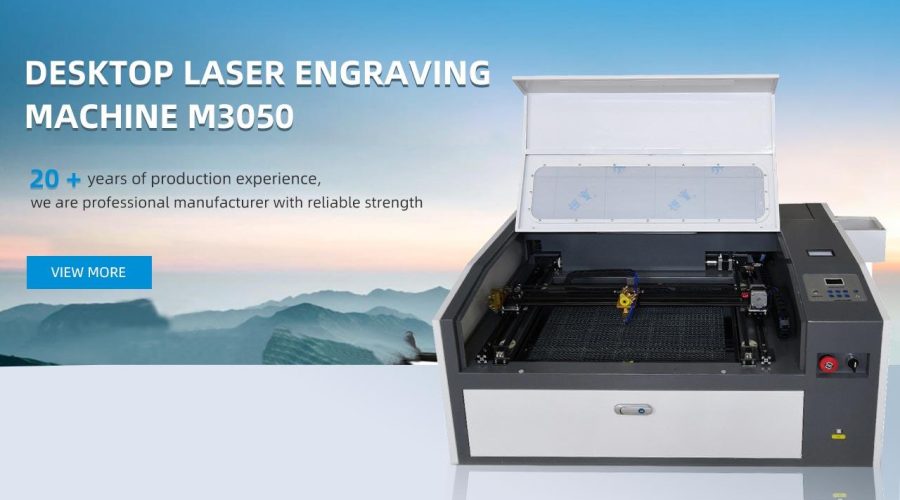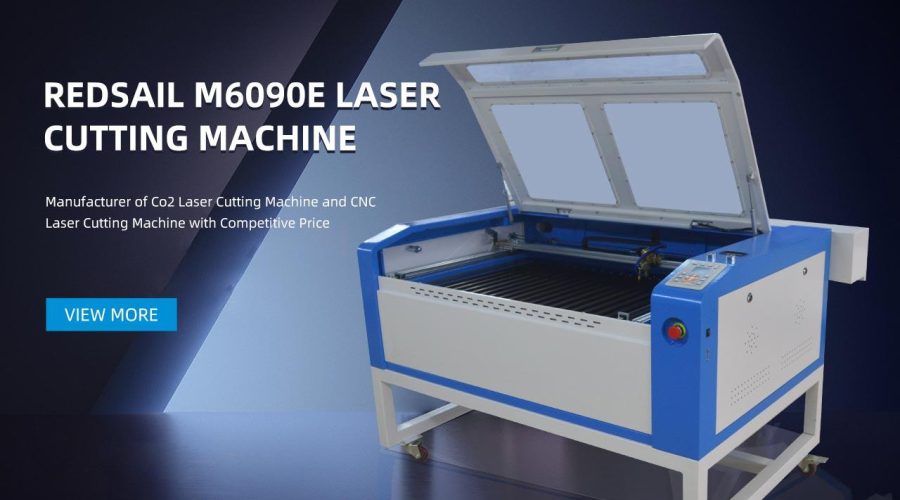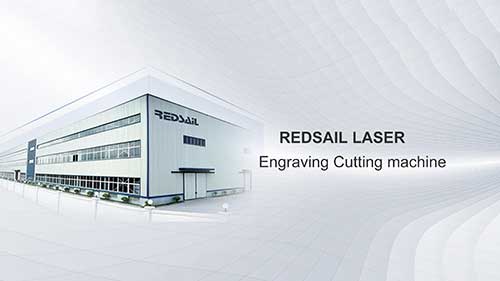What Makes the Best Enclosed Laser Engraver: A Comparative Analysis
Introduction
Laser engraving has become an increasingly popular method for creating personalized designs on various materials. With numerous options available in the market, it can be overwhelming to choose the best enclosed laser engraver that meets your needs. This comparative analysis will provide insights into key factors to consider before making your purchase.
Product Specifications
When selecting an enclosed laser engraver, several essential specifications demand your attention:
- Power: Look for a machine that offers sufficient power, measured in watts, to tackle your specific engraving requirements.
- Engraving Area: Consider the dimensions of the engraving area to ensure it accommodates the size of your projects.
- Speed: Opt for a machine with adjustable speed settings to achieve precision and efficiency.
- Materials Compatibility: Verify that the laser engraver supports the materials you plan to work with, such as wood, plastic, glass, or metal.
- Software Compatibility: Check if the engraver is compatible with the design software you intend to use.
Enclosure Design and Safety Features
One crucial aspect of an enclosed laser engraver is its design and safety features:
- Enclosure Material: Choose an engraver with a sturdy and durable enclosure, preferably made of high-quality materials like metal or acrylic.
- Exhaust and Filtration: Look for a machine equipped with an efficient exhaust system and an air filtration unit to minimize the release of harmful fumes during the engraving process.
- Safety Interlocks: Ensure the engraver incorporates safety interlocks to prevent the laser from operating if the enclosure is open or compromised in any way.
- Emergency Stop Button: Check for an easily accessible emergency stop button to instantly halt the engraving process in case of any unforeseen circumstances.
Performance and Ease of Use
To ensure the optimal performance of your enclosed laser engraver, focus on the following aspects:
- Laser Quality: Consider the type of laser technology used in the engraver, such as CO2 or fiber lasers, and choose the one most suitable for your engraving needs.
- Resolution and Accuracy: Look for a machine that offers high resolution and accuracy, measured in dots per inch (DPI), to achieve intricate and precise engravings.
- Control Interface: Opt for an engraver with an intuitive and user-friendly control panel or software for easy operation and customization of settings.
- Maintenance and Support: Research the manufacturer’s reputation for providing reliable customer support and after-sales services. Additionally, consider the maintenance requirements and availability of spare parts for the engraving machine.
Frequently Asked Questions (FAQs)
1. Can an enclosed laser engraver work with curved surfaces?
Yes, most enclosed laser engravers with rotary attachments can easily engrave curved or cylindrical objects like glasses, bottles, or pens.
2. Can I engrave photographs with an enclosed laser engraver?
Indeed, enclosed laser engravers with proper software can engrave photographs with incredible detail. However, it is advisable to check the machine’s resolution capabilities before starting the process.
3. Are enclosed laser engravers safe to use indoors?
Absolutely, compared to open laser engravers, enclosed models are designed to contain fumes and potentially dangerous laser radiation. As long as the engraver is properly ventilated, it can be used safely indoors.

